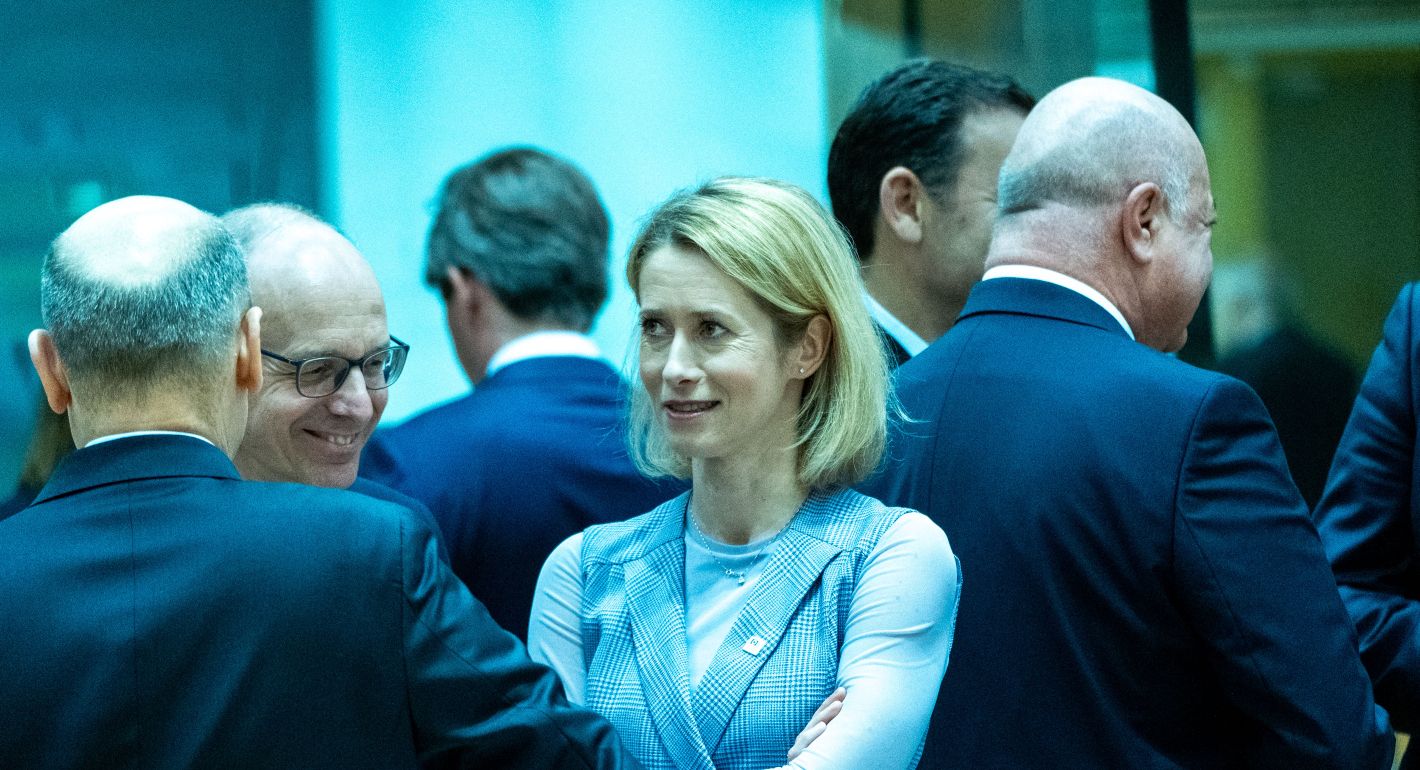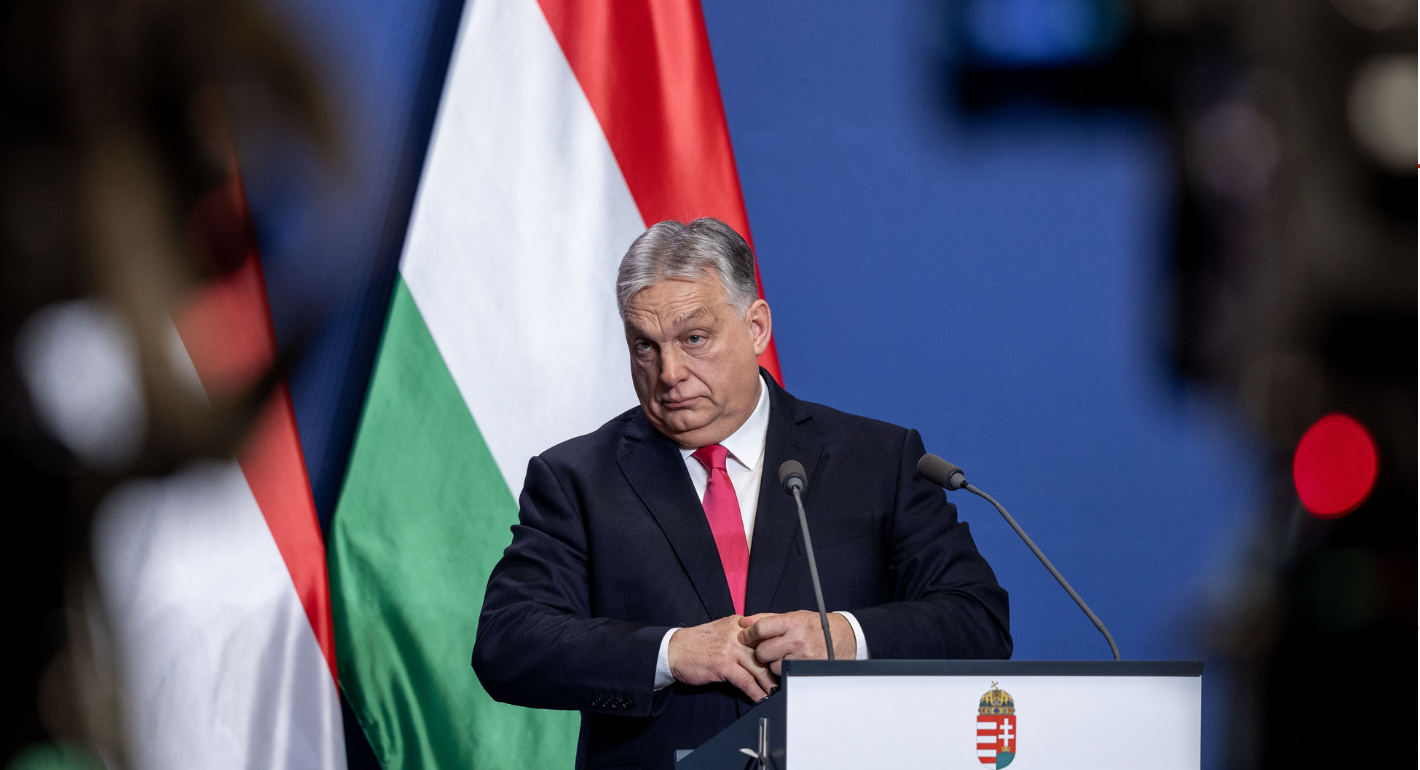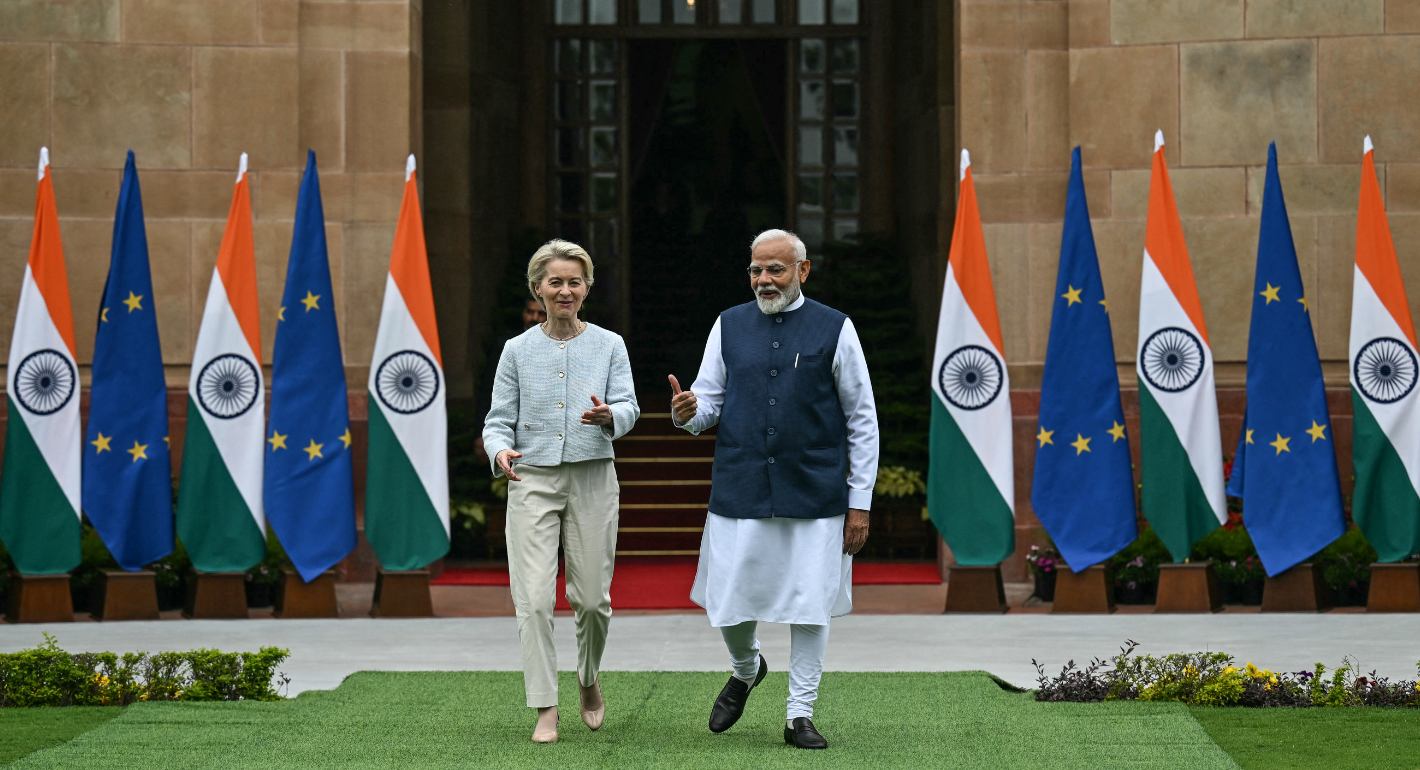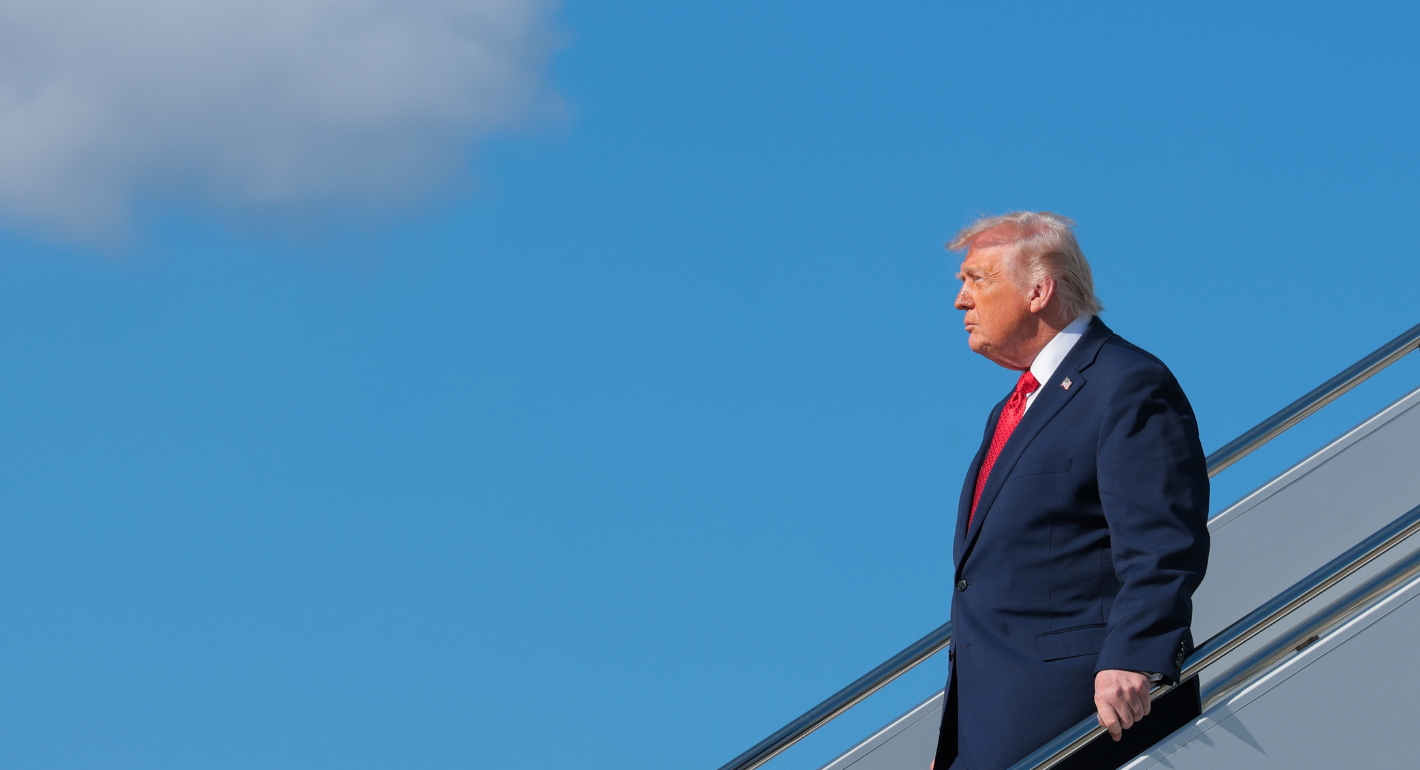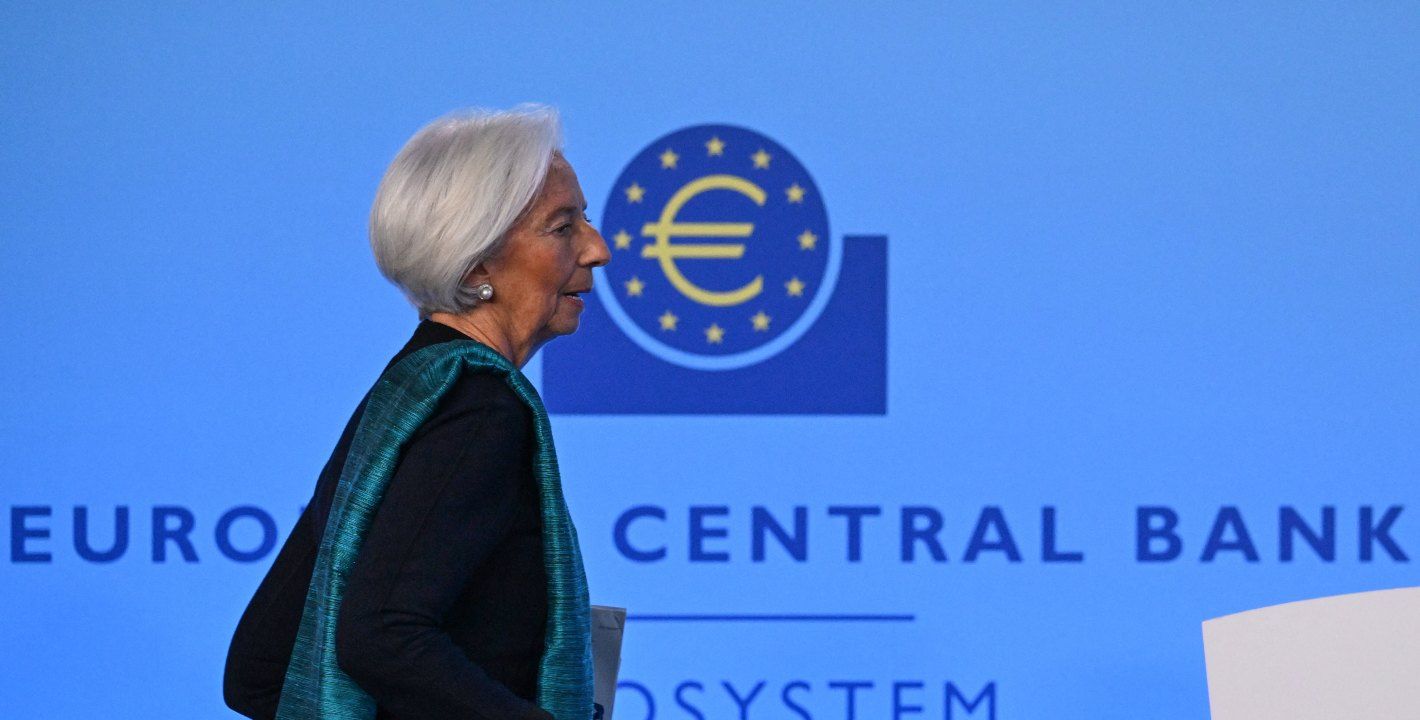Just like with tango, it takes two sides to sustain the transatlantic partnership: Europe and the United States.
Since the reelection of U.S. President Donald Trump, European leaders have been seeking to engage him and his administration in discussions about both shared priorities and differences. They went through three increasingly uncomfortable phases in this endeavor.
Back in November 2024, they started off in a pragmatic crisis prevention mode, seeking to match Trump’s supposed expectations with transactional deals, from trade to defense.
Between late January and February 2025, they switched to damage limitation. Confronted with Washington’s mix of antagonism and neglect, the priority was avoiding the rapid degradation of the partnership.
In March 2025, many in Europe shifted to a de-risking agenda. Alongside readiness to engage, Europe needed to prepare for the tangible prospect of economic, security, and political disruptions.
Within less than three months, the Trump administration has seriously depleted strategic trust across the Atlantic. It has sought engagement and normalization with Russia while sidelining Ukraine and Europe, threatened to seize Greenland—a self-governing part of the Kingdom of Denmark, imposed massive tariffs on European goods, and disparaged Europe’s democratic norms.
Consequently, Europeans can no longer rely on a partnership with Washington based on hope or deference. Instead, they should apply a flexible mix of strategic patience and firmness, pursuing partnership through strength. That requires redefining the terms of engagement with the United States. The principal vector for doing so—albeit not the only one—is the European Union, which gives European countries critical mass and embodies their shared choices and values.
The EU and its member states are now striving to lay out an agenda that will make them both less reliant on the United States and more resilient to external pressures—from Washington and any other power. In short, more sovereign.
Building European sovereignty is also the best way to revamp the transatlantic partnership, if and when Washington relinquishes the revisionist course that the U.S. administration is setting.
Trump is certainly not just a blip: His agenda reflects deep currents in U.S. politics. However, it is not a given that his radical policies will set a lasting trend in domestic and foreign policy. Less than three months after his inauguration, his approval ratings are already slipping. Nevertheless, what has become clear over the past decade is that the U.S. political-strategic compass is subject to wild swings at every presidential election.
The organizing principle of partnership through strength is cooperating where possible, ensuring fair competition, and pushing back when necessary. Partnership through strength entails moving form a reactive to a proactive stance. European initiatives to help shape the terms of a durable peace deal and take responsibility for supporting Ukraine may or may not succeed, but they are steps in the right direction. Besides, Europeans should rapidly deepen their defense cooperation and progressively take charge of their security through a full-fledged European pillar of NATO.
Europe should continue to engage the Trump administration where there is scope for deals, or for reversing mutually-harmful decisions such as the misnamed “reciprocal” tariffs. Dealing with an administration that values power over rules will require robust and agile economic statecraft, involving trade countermeasures and the wider EU geoeconomic toolbox. But much more needs to be done to build a position of strength from which to negotiate, not least to better cope with further crises. That means accelerating investment in critical technological and industrial capacities and completing the Single Market. Furthermore, the EU should hold firm on applying its norms and rules to American entities, as well as to any other, including in the digital field.
Europe should also adopt an asymmetric approach to Trump’s America. That consists of advancing partnerships with a range of other pivotal countries, supporting multilateralism, as well as deepening dialogue and cooperation with all U.S. actors that want to work with Europe—states, institutions, businesses, and civil society. These initiatives aim not only to advance Europe’s interests and values but also to preserve the framework of the transatlantic partnership, and of the weakened rules-based international order.
While Trump’s “America First” agenda inevitably consumes much of Europe’s strategic bandwidth, Europeans cannot neglect other critical factors shaping their strategic landscape. Those include the systemic implications of China’s rise, as well as Beijing’s assertive posture in its neighborhood and enabling of Russia’s war in Ukraine.
Europe and the United States share critical interests in ensuring stability in the Indo-Pacific and coping with China’s global projection, but their approaches do not necessarily coincide. Besides the Trump administration’s aversion to the EU, the United States and Europe now diverge on several global agendas, from trade to climate and development. Europe should therefore remain open to dialogue with the United States on China, cooperating where interests converge while calibrating its own strategic approach to Beijing across areas of competition, rivalry, and cooperation.
Partnership through strength starts at home. Unity is essential for Europeans to stand their ground. However, it remains unclear whether the Trump effect will stiffen or splinter Europe. Far-right political forces across the continent share Trump’s illiberal nationalist worldview, and the Trump administration will likely seek to exploit divisions to weaken the EU. Deepening European integration might therefore require differentiated cooperation between EU member states, which risks accentuating intra-European fragmentation. But if the bulk of Europe forges ahead and pools large resources to achieve shared goals, even reluctant countries might opt to join in, given the steep opportunity costs of opting out. Moreover, Trump unleashing trade wars damages the interests of his European supporters too.
Europe should take the long view. Regardless of what comes after the Trump administration in Washington, the transatlantic alliance will never revert to the post-Cold War order. By fostering its sovereignty, Europe can create the conditions for a revival of the transatlantic partnership on more balanced terms, while empowering itself to define its own future.
Giovanni Grevi is a senior associate fellow with the Centre for Security, Diplomacy and Strategy of the Brussels School of Governance (VUB). He also teaches at the College of Europe in Bruges and at Sciences Po in Paris.

